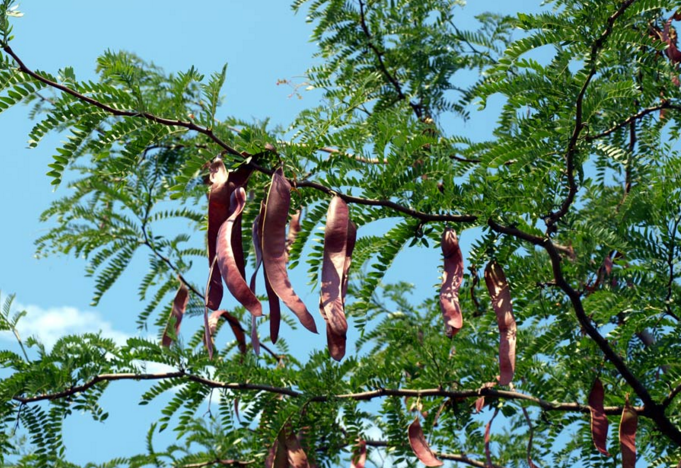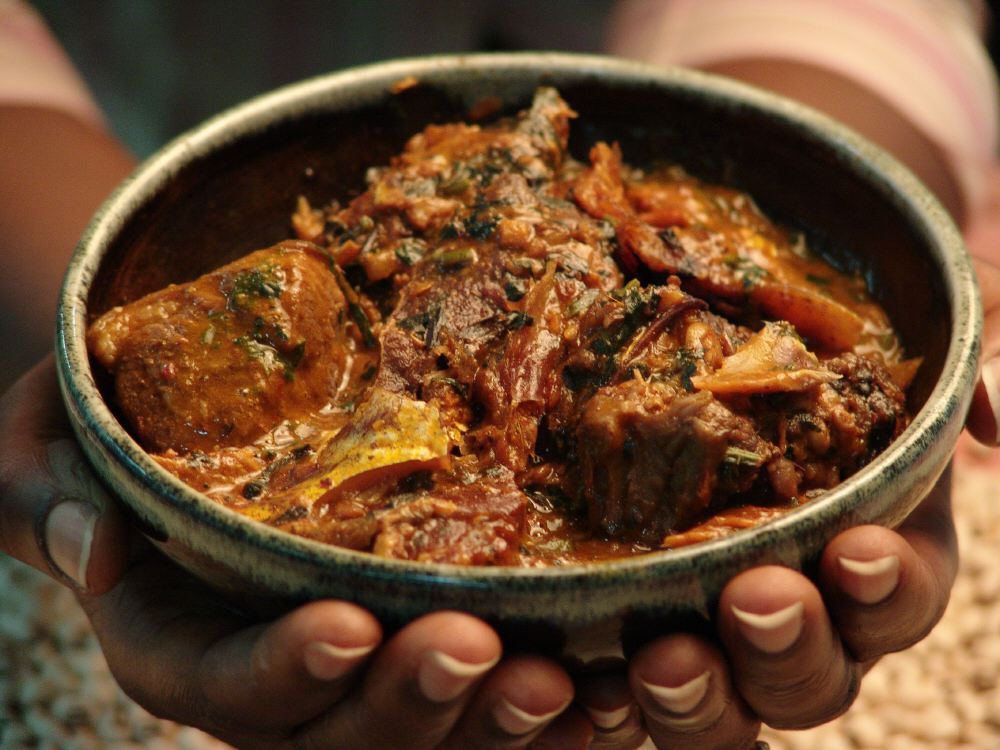Have you ever tried purchasing food ingredients in the market and then cross-check your list to ensure that you didn’t forget to buy one “horrible-foul smelling blackish-brown” looking thing that looks like an animal’s poop? Have you ever wondered how it found its way to the ingredients category? Well, as you may well know, that “horrible-foul smelling blackish-brown” thing is a very popular soup ingredient known as the African locust bean.
It is commonly referred to as “iru” by the Yorubas, “ogiri” by Igbos and “dawa dawa” by the Hausas.
The botanical name for the African locust beans is Parkia biglobosa, and is used in all parts of Nigeria and the West Coast of Africa for seasoning traditional soups.

This special ingredient can be found in a wide range of environments in Africa and is primarily grown for its pods which contain both a sweet pulp and valuable seeds. Iru contains very vital nutrients needed by the human body to stay healthy. It contains about 29% of lipid, 35% of protein, 16% of carbohydrate and also is a good source of fat and calcium for rural dwellers.
After reading these health benefits, I bet you’ll have no choice rather than to incorporate this special ingredient into your meals.
- Facts gotten from local research has shown that this special spice helps to promote good sight and eradicates hypertension and diseases conditions like stroke and diabetes.
- Foods rich in tannin like locust bean are often recommended for treating diarrhea.
- Local research has also proven locust bean as a promoter of good eyesight.
- Like other forms of soluble fibre, it has shown potential benefit for enhancing weight loss and controlling blood sugar levels.
- The trampled bark of the locust bean tree is employed in wound healing and serves as one of the ingredients used in treating leprosy.
- When fermented, locust bean seed could be used in controlling cholesterol level.
- It aids digestion.
- The water and alcoholic extracts of fermented locust bean are used to reduce blood sugar.
- It is used in the management of bacterial infections.
- The mashed bark of the locust bean tree has also been found revealing in treatment of wounds (It aids in the fast healing of wounds) and serves as one of the ingredients used in treating leprosy.

Locust beans can be added to almost every food, because it does not only taste good and serve as a tastier alternative to other spices cubes but also possesses amazing health benefits among which are vision improvement, digestion aid, and lots more.
I hope you found this very interesting? Kindly share your thoughts and opinions in the comment section below.









